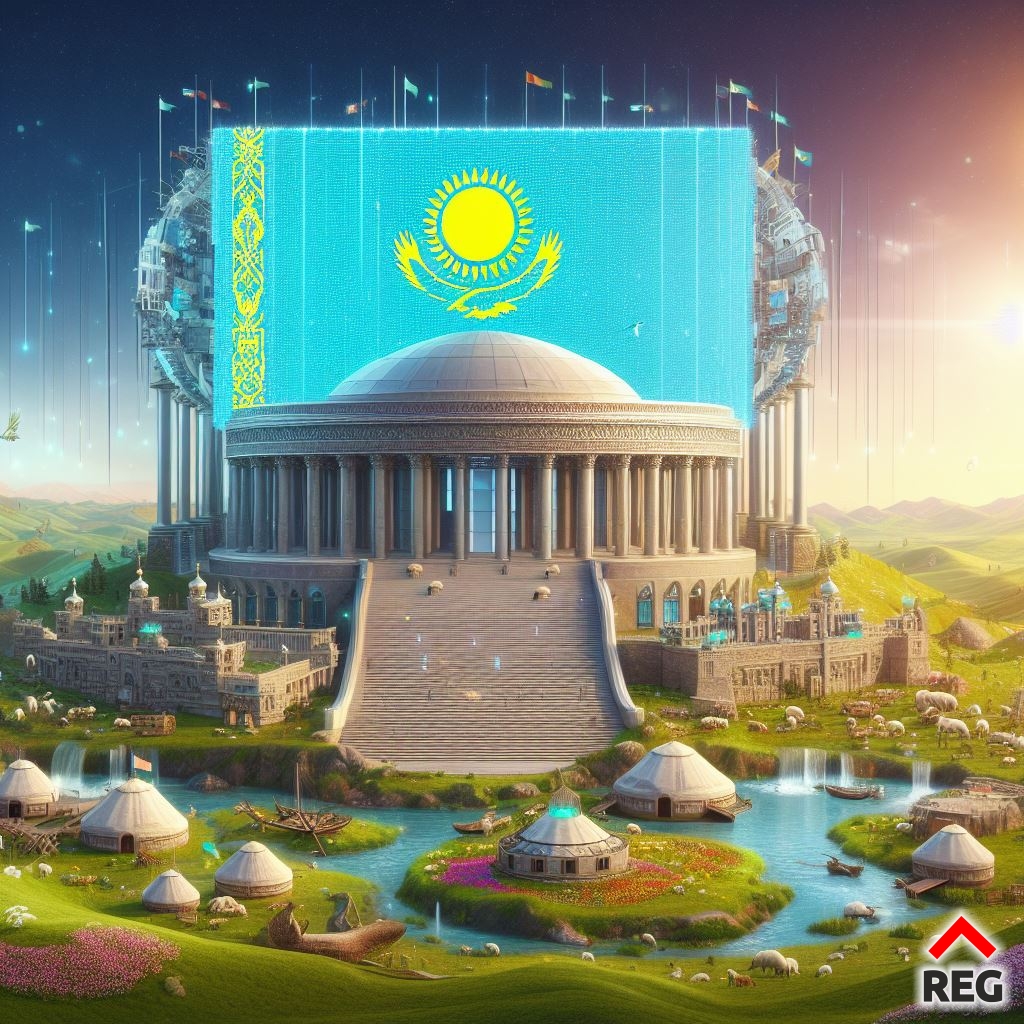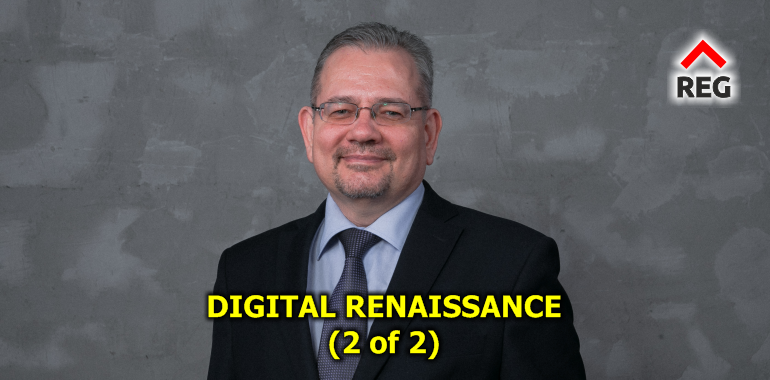Beginning of the article in part 1
Part 2: Digital Strategies for the Ministry of Culture and Information
In the first part, Real Estate Group laid the foundation for a comprehensive digital transformation of the Ministry of Culture and Information of the Republic of Kazakhstan.
Now, in Part 2, we will delve into more specific digital strategies and provide Minister Aida Galymovna Balaeva with practical tips to steer the ministry towards a successful digital future.
II. Content Distribution and Engagement.
1. Content Strategy: Develop a content strategy that focuses on producing high-quality, culturally relevant content across various digital channels.
2. Multimedia Production: Invest in multimedia production capabilities, including video, podcasts, and interactive content.

3. Streaming Services: Explore the possibility of launching a streaming service for cultural events, exhibitions, and performances.
4. Content Syndication: Partner with national and international media outlets to syndicate cultural and informational content.
5. Digital Libraries: Enhance digital libraries with features like advanced search, annotation, and collaborative reading.
6. Cultural Tourism Apps: Develop mobile apps that guide tourists to cultural landmarks and provide historical information.
7. Interactive Exhibitions: Create virtual exhibitions that allow users to explore artifacts and artworks in a 3D environment.
8. Gamification: Integrate gamification elements into cultural apps to make learning about history and culture engaging for all age groups.
III. E-Government Integration.
1. Single Sign-On (SSO): Implement SSO for citizens to access multiple government services with a single login.
2. Digital Identity: Develop a secure digital identity system to streamline access to cultural resources and information.
3. E-Government Portal: Integrate cultural and informational services into the national e-government portal for convenience.
4. APIs for Developers: Provide APIs to enable third-party developers to create applications using cultural and informational data.
5. Mobile Government: Expand mobile government services to include cultural and informational content and services.
IV. Digital Education and Outreach.
1. Online Learning Platforms: Establish online learning platforms for cultural education, making it accessible to a broader audience.
2. Cultural Ambassador Program: Create a program that appoints cultural ambassadors to promote the country's heritage and culture internationally.
3. Youth Engagement: Engage young people in cultural and informational initiatives through social media campaigns, contests, and scholarships.
4. Digital Literacy Programs: Collaborate with educational institutions to integrate digital literacy programs into the curriculum.
V. Analytics and Data-Driven Decision-Making.
1. Big Data Analytics: Utilize big data analytics to gain insights into user behavior and preferences.
2. Predictive Analytics: Implement predictive analytics to forecast trends in cultural and informational consumption.
3. Performance Metrics: Define KPIs to measure the success of digital initiatives and adjust strategies accordingly.
VI. Cybersecurity and Data Privacy.
1. Cybersecurity Training: Continuously train employees in cybersecurity best practices to mitigate threats.
2. Incident Response Plan: Develop a robust incident response plan to handle cybersecurity breaches effectively.
3. Data Protection: Ensure strict data protection measures are in place to safeguard citizen data.
VII. International Collaboration.
1. Cultural Diplomacy: Use digital platforms to engage in cultural diplomacy and promote Kazakh culture worldwide.
2. Bilateral Agreements: Establish agreements with other nations to facilitate cultural exchanges through digital means.
3. Virtual Cultural Festivals: Organize virtual cultural festivals that showcase Kazakh traditions to a global audience.
VIII. Financial Sustainability.
1. Funding Models: Explore diverse funding models, including public-private partnerships and crowdfunding, to sustain digital initiatives.
2. Revenue Generation: Identify revenue streams through digital content monetization and licensing.
IX. Monitoring and Evaluation.
1. Regular Audits: Conduct regular audits to assess the effectiveness and efficiency of digital strategies.
2. Stakeholder Feedback: Continuously gather feedback from citizens, cultural institutions, and stakeholders to refine digital services.
Conclusion:
The digital transformation of the Ministry of Culture and Information of the Republic of Kazakhstan is a multifaceted endeavor that holds the potential to enrich the cultural fabric of the nation and improve information accessibility for all citizens.
Armed with these 60 key tips from Real Estate Group, Minister Aida Galymovna Balaeva will be able to navigate the complexities of implementing a digital strategy and ensure the ministry’s success in the digital era.
As Kazakhstan's cultural and informational landscape evolves, the ministry's commitment to embracing digital technologies will play a crucial role in preserving heritage, fostering national identity, and promoting cultural diplomacy on the global stage.
It is through these efforts that the ministry can truly serve as a beacon of cultural enrichment and information dissemination for the Republic of Kazakhstan.






